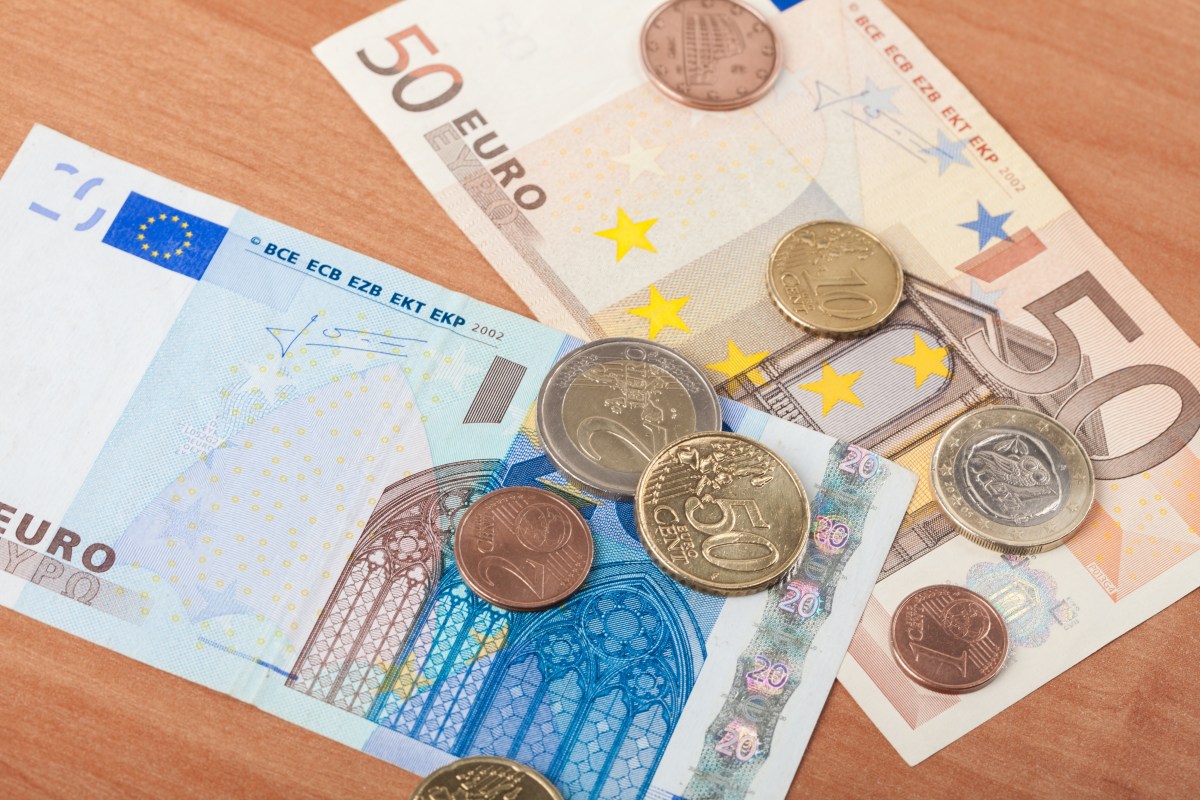A referendum is being held on Thursday, 23 June to decide whether Britain should leave or remain in the European Union. This article is designed to be an easy-to-understand guide – and a chance to ask other questions, a selection of which we’ll be answering at the bottom of the page.
What is a referendum?
A referendum is basically a vote in which everyone (or nearly everyone) of voting age can take part, normally giving a “Yes” or “No” answer to a question. Whichever side gets more than half of all votes cast is considered to have won.
Why is a referendum being held?
 Prime Minister David Cameron promised to hold one if he won the 2015 general election, in response to growing calls from his own Conservative MPs and the UK Independence Party (UKIP), who argued that Britain had not had a say since 1975, when it voted to stay inthe EU in a referendum.The EU has changed a lot since then, gaining more control over our daily lives, they argued. Mr Cameron said: “It is time for the British people to have their say. It is time to settle this European question in British politics.”
Prime Minister David Cameron promised to hold one if he won the 2015 general election, in response to growing calls from his own Conservative MPs and the UK Independence Party (UKIP), who argued that Britain had not had a say since 1975, when it voted to stay inthe EU in a referendum.The EU has changed a lot since then, gaining more control over our daily lives, they argued. Mr Cameron said: “It is time for the British people to have their say. It is time to settle this European question in British politics.”
What is ‘Brexit’?
Brexit is an abbreviation of “British exit” that mirrors the term Grexit. It refers to the possibility that Britain will withdraw from the European Union. The country will hold an in-out referendum on its EU membership on June 23.
When is the EU referendum?
The in/out referendum on Britain’s membership of the EU will take place on Thursday June 23.
Prime Minsister David Cameron announced the date after he secured a deal with other European leaders at a crunch summit in February.
The Government decided to hold the vote before the start of the summer migration crisis, which could stir up more Eurosceptic feeling among the British public.
Economic views on Brexit?
Supporters of #Brexit argue that EU countries have every incentive keep trading with the UK, which is a large importer of goods and services.
But there is uncertainty over what would happen if the UK leaves the EU and needs to develop new trade agreements with the rest of the world.
Europhiles are concerned that foreign companies would be less likely to invest here and could move their headquarters elsewhere if Britain loses access to the single market.
Investor Neil Woodford, the founder of Woodford Investment Management, described pro-European claims that the economy would be damaged as “bohus”.
Mr Woodford said: “I think it’s a nil-sum game frankly, whether we stay or whether we leave.”
If #Britain leaves the EU, it will no longer have to contribute billions of pounds a year towards the #EuropeanUnion’s budget.
In March Brexit campaigners slammed a Confederation of British Industry (CBI) report that claimed that leaving the EU would cause a £100billion “shock” to the UK economy.
The Treasury has been accused of “doom and gloom” after predicting that a Brexit would cost households £4,300 a year by 3030, leaving Britain worse off for decades.
Who will be able to vote?
British, Irish and Commonwealth citizens who live in the UK, along with Britons who have lived abroad for less than 15 years, will be able to vote on June 23.
As with other elections in Britain, only people aged 18 and over will be allowed to cast their vote in the nationwide referendum.
But unlike the general election, members of the House of Lords and Commonwealth citizens in Gibraltar will also be eligible to vote.
What happens if the U.K. leaves the E.U.?
Advocates of Brexit say that being outside the E.U. would boost the British economy by placing fewer regulations on consumers, employers and the environment. It also would give the country more freedom to establish its own economic and political policies.
The E.U. is the largest British trade partner, and those who oppose Brexit argue it would result in higher costs for goods and services. The departure from the E.U. would mean Britain could no longer benefit from being part of a single economic market and the trade benefits it brings, an argument that deputy national security adviser Ben Rhodes made to reporters last week.
“We believe that the U.K. has benefited from the single market,” he said. “That is good for the British economy and that, in turn, is good for the United States economy, because we benefit from that relationship with both the U.K., but also the European Union broadly.”
Many Brexit campaigners also say leaving will lower immigration, a priority for some, because the U.K. will no longer be bound by E.U. policies and could tighten its laws.
Seven leaders have warned of the risk to global economy if Britain votes to leave the European Union in a referendum next month.
The UK leaving the European Union would “reverse the trend towards greater global trade and investment, and the jobs they create, and is a further serious risk to growth,” leaders said in a joint declaration at the G7 meeting in Japan.
The warning was listed together with concerns about terrorism, the refugee crisis and geopolitical conflicts as a potential threat of a “non-economic origin”.
Prime Minister David Cameron’s campaign has focused on the danger to growth and jobs of choosing to leave the 28-nation bloc in the 23 June vote.
Angela Merkel, the German Chancellor said the EU Referendum was not a major topic of discussion at the summit but there was a consensus that leaders wanted the UK to stay in.
“It was no subject here. But there was the signal that all who sat here want Britain to stay part of the EU,” she said.
“But the decision is up to the British voters,” she added.
The G7 statement follows comments from Bank of England Governor Mark Carney that the event could cause a sharp collapse in the value of the pound.
IMF’s managing director Christine Lagarde warned the effect of Brexit on the British economy ranged from “pretty bad to very,very bad”.
Speaking to the press at the conclusion of the G7 talks on Friday, David Cameron said the UK should “listen to our friends” on the issue of EU membership.
“The question is not: are we a great country? The question is how do we do best. And it is not just me saying that there are economic risks from Britain leaving the EU – it is now a pretty large consensus that includes people of impeccable independence and academic standing,” David Cameron said.
But some voters have recently blamed UK politicians for not knowing how to vote.
A member of the audience participating in the first major debate on the European Union Referendum blamed “insults” and “deflections” from politicians for not knowing how to cast his vote.
The 21-year-old from the audience said: “I just want to say to you all: here we are again. Once again we’ve got deflections, insults, petty name calling… Do you actually believe your own campaigns?”
Greeted with applause and laughter, he added: “What are we supposed to do? I do not have a problem admitting I have no idea what to and I blame you lot entirely for that.”

